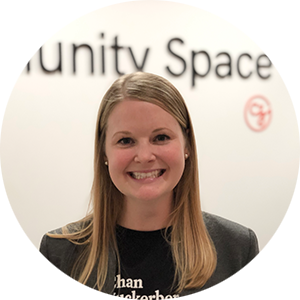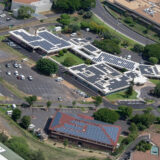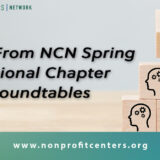The Future of Workspace
Around every corner seems to be another opinion on the future of workspace. The sector is certainly ripe for speculation, given that commercial real estate continues to be one of the most impacted industries of the pandemic. As I’ve consumed article after article, some themes have emerged. First, many workers will choose not to (or cannot, because of transit or childcare) return to offices in dense urban cores, at least not every day and not anytime soon. This is mostly linked to shifts in priorities around affordability and quality of life, especially among workers 25 to 40. Companies that can employ a hybrid model wherein some employees work in the metropolitan headquarters while others are based out of smaller satellite offices in lower-density geographies — but all with some work-from-home flexibility — will likely do just that. Next, workspaces must prioritize human connection, physical health/safety, and shared values, three critically important elements of our 2020 experience, to attract workers who will now have a choice on where and when to work. Buildings will need to offer dynamic meeting spaces that blend the physical and the digital alongside demised private spaces that provide a safe and quiet environment for focusing in ways that can rarely be achieved in most of our homes. And, finally, a hope of my own: in an era when our collective social consciousness has grown in unimaginable ways and seemingly every company on the planet is regularly issuing statements about values, now is the time for our workplaces to also have a conscience.
This all bodes well for the future of nonprofit workspace. Nonprofit centers average just 33,000 sq ft, small enough to foster an authentic sense of community and safety among users, and over one-third are in cities of less than 250,000 people. Despite strong trends in recent years toward open-concept designs within the for-profit sector, 88% of the workspace offered in nonprofit centers is still private offices (have you ever been more grateful to have avoided a fad?). Conference space is the most provided amenity and many are wired with easy-to-use tech to accommodate the range of users the spaces typically see. Additionally, operators of nonprofit workspace have always expected more from our buildings: since the very beginning, centers have operationalized human connection and equity through regular programming, community charters, DEI action plans, and dedicated staff whose sole responsibility is to catalyze collaborations.
The era of disruption to the real estate sector is far from over but if it’s still possible to be optimistic, I think the future includes demand for the kind of workspace that all of us at NCN will already recognize.







